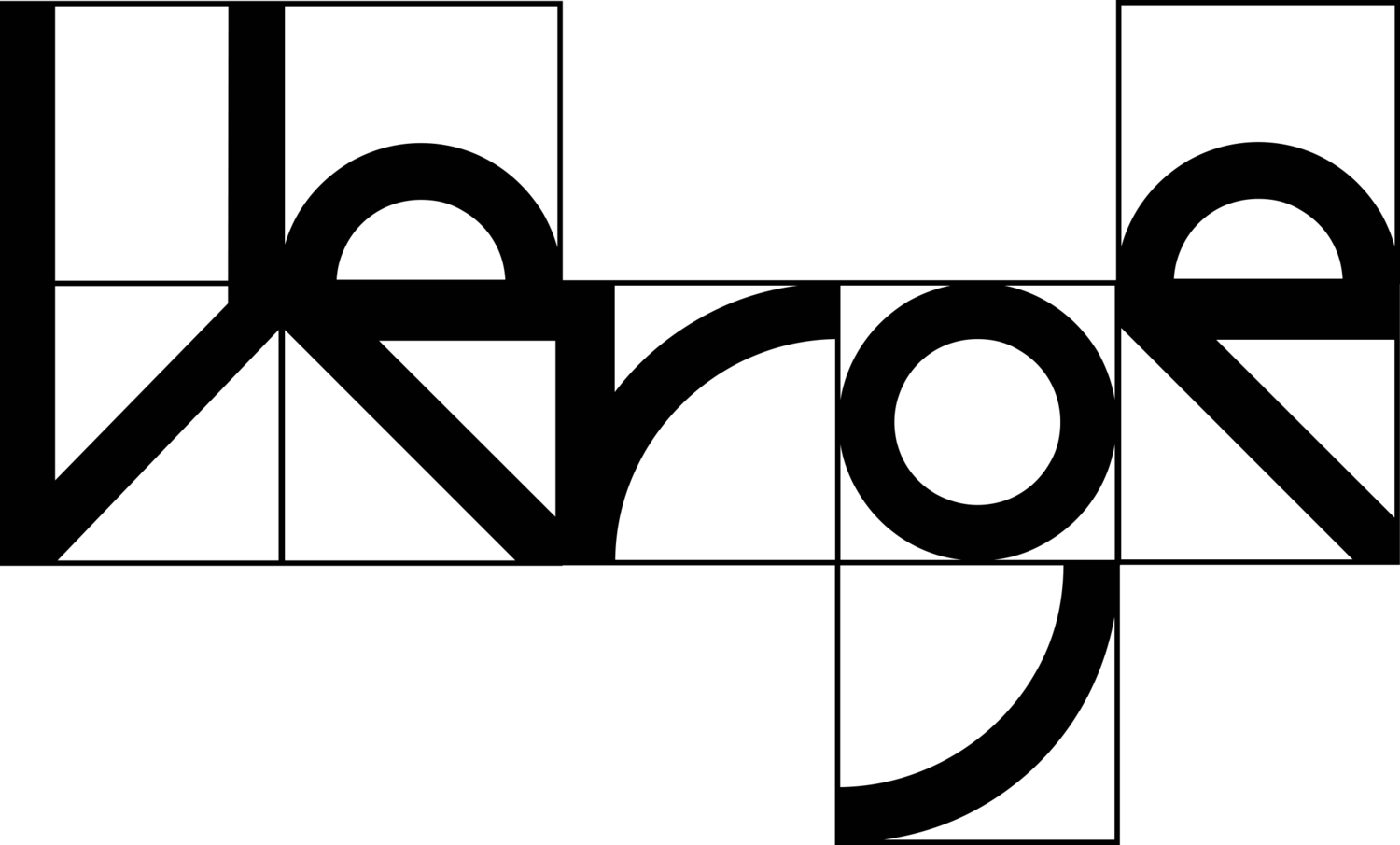2020 PUBLIC PROGRAMS
SHARON HONG
’QUEER STORIES’
THURSDAY 6 FEBRUARY 2020
Zoe Wong, Boys will gladly go to war for you, 2014. C-type Photograph, 76.2cm x 76.2cm. Image courtesy of the artist.
Taking cues from This is who I am, Queer Stories was an intimate conversation and experience exchange examining racial and political topics relating to the LGBTQIA+ community. By opening the discussion to the wider community, this conversation sought to broaden a deeper understanding of the experiences of LGBTQIA+ people who reside in the Asia Pacific. Led by the curator Sharon Hong, this public program aims to promote interactivity, inclusivity, intimacy and for queer voices to be heard and shared.
RUNNING DOG X VERGE GALLERY
’AUTOMATE ME’
THURSDAY 5 MARCH 2020
Jens Settergren, The GPS will take me home, still, 2019. Image courtesy of the artist.
In 2020, Running Dog presented a night of screenings, text and performance for Automate Me—the first in a series of events in partnership with Verge Gallery. Bringing together the work of Rory Green (AUS), Alison Nguyen (USA), Jens Settergren (DEN), and Kynan Tan (AUS), this event considered automation in all its forms, from influencer-bots to AI pigeons philosophising via autotune.
Rory Green is a writer, coder and zinemaker living on unceded Gadigal land. In 2019 they were a poet-in-resident for Running Dog, and their work has been published in The Lifted Brow, Plumwood Mountain and Rabbit among others. Their current and ongoing project is Otherwise Pokedex, a newsletter publishing a poem for every Pokemon.
Alison Nguyen’s work explores the ways in which images are produced, disseminated, and consumed within the current media landscape, exposing the socio-political conditions from which they arise. Her work has been screened at Ann Arbor Film Festival, International Rotterdam Film Festival, Crossroads presented by SF MoMA/SF Cinemateque, True/False Film Festival, Channels Festival International Biennial of Video Art, Open City Documentary Festival, Microscope Gallery, Tai Kwun Contemporary, Leeds International Film Festival, San Diego Underground Film Festival, Marfa Film Festival, L’Alternativa at CCCB, and Traverse Vidéo, among others. Her work has been exhibited at AC Gallery Beijing, The International Studio & Curatorial Program, Centre Des Arts Actuels Skol, Chashama, BOSI Contemporary, The University of Oklahoma, and Satellite Art Show, Miami. She has participated in group performances at The Whitney Museum of Art: Dreamlands Expanded, Parrish Museum, and Mana Contemporary (in collaboration with Optipus).
Jens Settergren is concerned with the production of collective imaginaries, contemporary mythologies, desire, and visual culture. His works reflect how these subjects are expressed in images, objects, and language. Working individually and collectively, he explores correlations between technology, nature, escapism, and power. He investigates how technology influences our experience of the world, as well as how technology is informed by ourselves and our bodies. He examines existing as well as imaginary technologies within fields such as biotech, communication, artificial intelligence and medicine. He has exhibited work at Haus der Kulturen der Welt, Berlin; die raum, Berlin; INCA Institute, Portland; Kunsthal Nord, Aalborg; Fuego Gallery, Mexico City; Errant Bodies, Berlin; Ringsted Galleriet and Kunsthal Aarhus.
Kynan Tan is an artist interested in digital systems, computation, perception, and our interdependent relations with technologies. His multisensory artworks investigate the materialities, networks, relationality, and control of digital systems. These works engage with code and data, taking form as multi-screen audiovisual performances and installations, computer-generated simulations, and electronic sound. His most recent body of work emerges from a sustained interest in data and algorithmic processes, and the ways that they increasingly determine our daily lives. His work seeks to show the problems with reducing complex processes to simple representations, instead attempting to generate work through which we feel the intensity and the physicality of such systems. In this sense, algorithmic culture—that which governs almost every aspect of daily life, affecting the way we bank, shop, travel, socialise and, increasingly, the way we come to understand the world—is an interplay between hardwares, softwares, humans, non-humans, programs, materials and networks.
VAUGHAN WOZNIAK-O’CONNOR
’ART & TECHNOLOGY NOW’ WORKSHOP
WEDNESDAY 11 MARCH 2020
Vaughan Wozniak-O’Connor, NAVSTAR, 2020., site-specific GPS error data, markers, bracing plywood, drawing robot. Photography by Zan Wimberley.
How can robots draw? Could this change the way we think about the handmade? In a workshop, artist Vaughan Wozniak O’Connor discussed art, technology and the blurry line between digital and physical. Wozniak O’Connor discussed his use of biometric and geospatial tracking technologies to produce artworks.
Held across the University of Sydney’s ThinkSpace and Verge Gallery, this workshop provided background to Wozniak O’Connor’s research and entailed a demonstration of emerging approaches to drawing, across robotics and digital fabrication.



